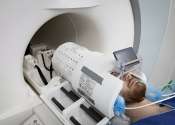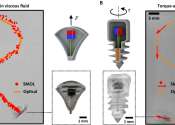Q&A: Research shows neural connection between learning a second language and learning to code
As computer programming becomes an increasingly valued skill in the workforce, there is a greater need to understand how people learn to code most effectively.
Apr 23, 2024
0
113









